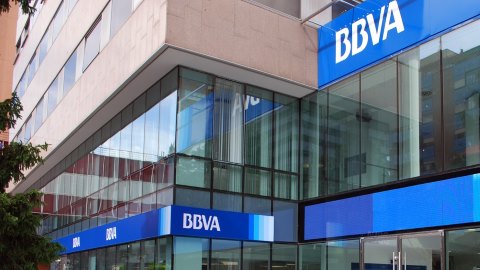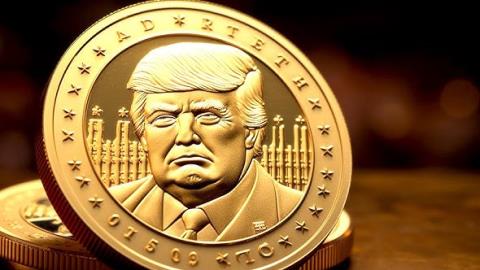Transforming Industries: The Revolutionary Impact of Blockchain Technology
In recent years, the financial industry has experienced a significant shift, primarily fueled by technological advancements. Among these innovations, blockchain technology has emerged as a game-changer, redefining how we interact with money, investments, and financial systems.
Understanding Blockchain: A Technological Marvel
At its essence, blockchain is a decentralized digital ledger that records transactions across multiple computers in a secure and transparent manner. This innovative technology offers several advantages over traditional financial systems:
- Decentralization: Unlike conventional systems that rely on intermediaries such as banks, blockchain enables peer-to-peer exchanges.
- Enhanced Security: Transactions are processed faster and more securely, reducing costs.
- Transparency: The decentralized nature of blockchain ensures that no single authority controls it, empowering individuals with greater control over their financial activities.
As a result, blockchain is increasingly viewed as a viable alternative to traditional banking systems and institutions.
Blockchain and the Rise of DeFi
Decentralized Finance (DeFi) represents a new financial ecosystem that operates without traditional intermediaries such as banks and payment processors. DeFi platforms utilize blockchain technology to create an array of financial products and services, including:
- Lending
- Borrowing
- Trading
These platforms empower users to maintain control over their assets, making financial services accessible to anyone with an internet connection, even in regions where traditional banking is lacking. This shift is fostering inclusivity in the financial sector, providing opportunities to individuals historically excluded from the global financial system.
Blockchain in Traditional Finance: A Perfect Partnership
Despite the rapid growth of blockchain and DeFi, traditional financial institutions are not overlooking these advancements. Many banks and organizations are integrating blockchain technology to improve their operations. Some key applications include:
- Streamlining Cross-Border Payments: Blockchain reduces transaction times and costs by eliminating intermediaries.
- Enhanced Fraud Prevention: The immutable record of blockchain transactions helps financial institutions comply with regulations and reduce fraud.
- Securities Trading: Tokenizing traditional assets like stocks and real estate enables more efficient and transparent trading.
Tokenized assets can be traded on blockchain-based platforms, which allow for fractional ownership, faster settlement times, and improved liquidity.
The Future of Blockchain in Finance
As blockchain technology continues to advance, its role in the financial landscape is expected to expand significantly. Potential applications include:
- Central Bank Digital Currencies (CBDCs): Countries like China and the European Union are exploring CBDCs, which could revolutionize our understanding of money and payments.
- Financial Inclusion: Blockchain solutions can provide affordable financial services to underserved populations, potentially lifting millions out of poverty.
Blockchain could serve as the backbone for CBDCs, facilitating secure and transparent transactions worldwide.
Conclusion
In conclusion, blockchain technology is transforming the finance sector, making it more decentralized, transparent, and secure. As we continue to witness the growth of DeFi, CBDCs, and blockchain-based financial services, it’s clear that this technology is here to stay. Whether you’re an investor, a financial professional, or simply curious about the future of money, understanding how blockchain will influence the financial landscape is essential.
As the industry evolves, staying informed and adapting to new technologies like blockchain will be crucial for thriving in the future financial ecosystem. The transformation of finance is just beginning, and its potential is boundless.
For more insights on blockchain and its impact on finance, visit Investopedia or explore our blockchain resources.







